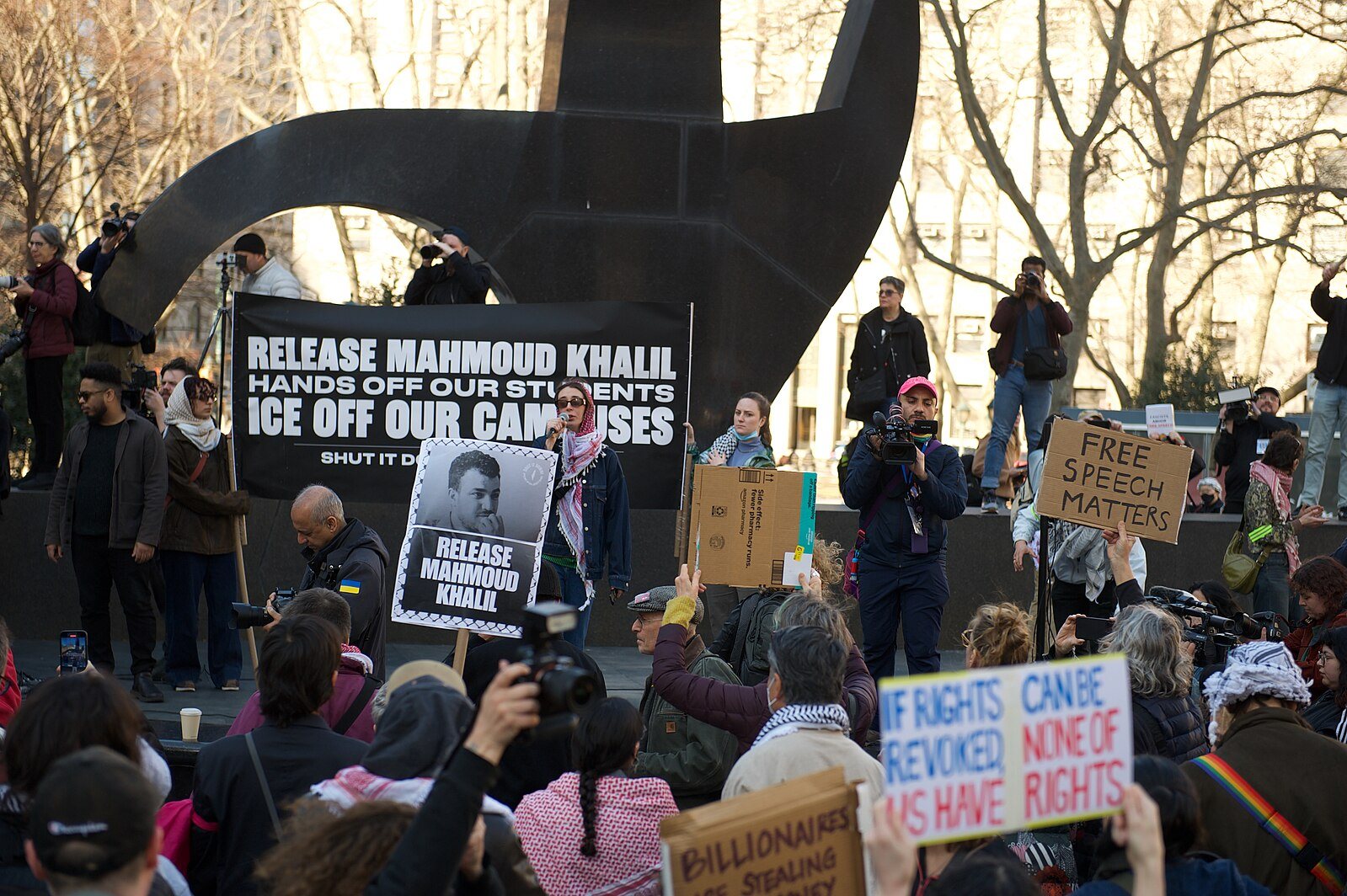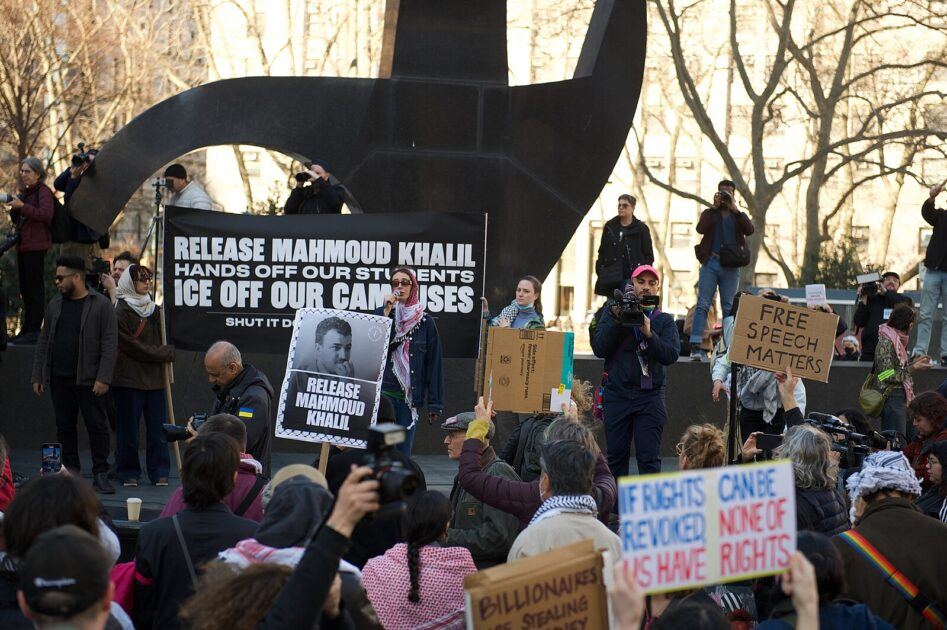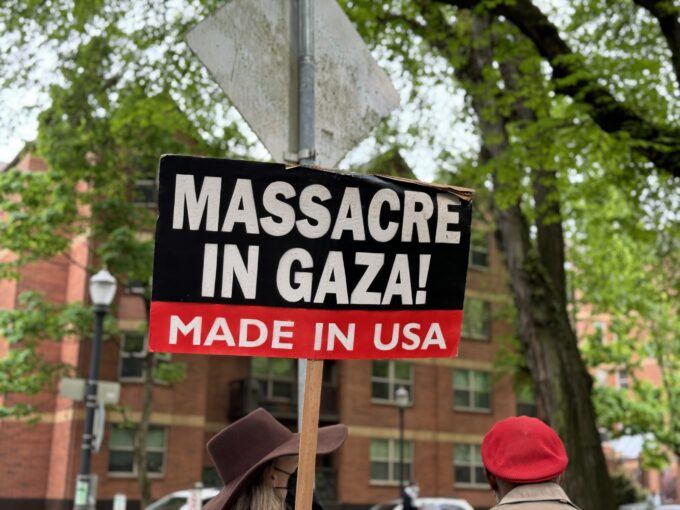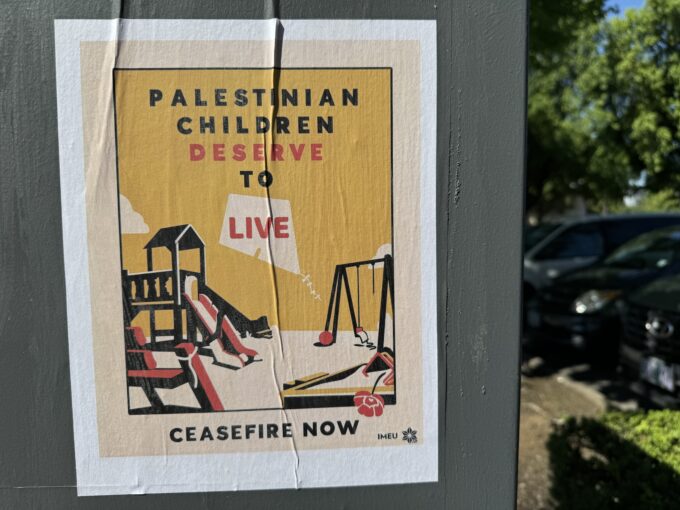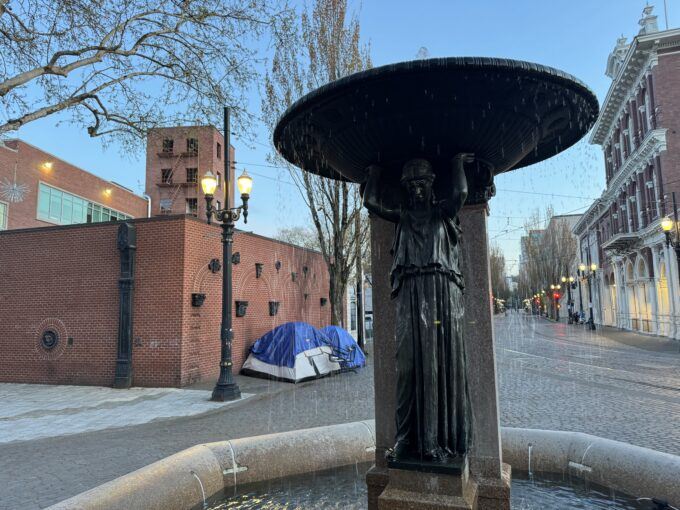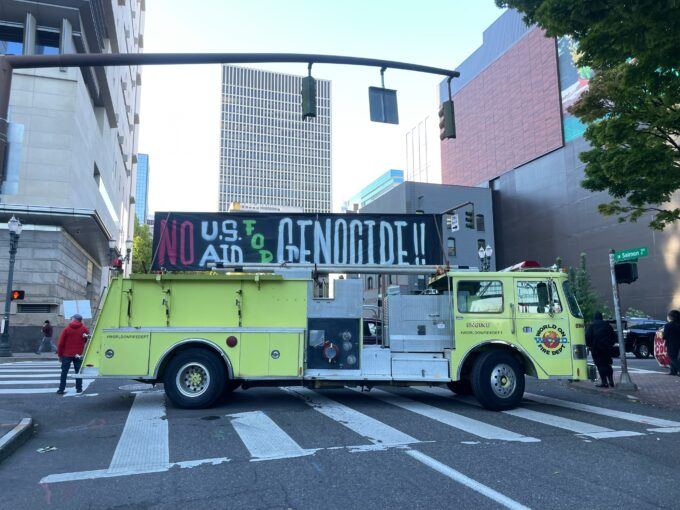






























































Photo by Karl Fredrickson
Many of us start our morning with a cup of coffee (or several). It’s easy to take for granted. But where does it come from?
Ethiopia is the birthplace of coffee, but it was first cultivated commercially in 15th century Yemen. In fact, the word “coffee” is derived from the Arabic qahwa, as Yemenis called it. And “mocha” originates from Yemen’s al-Mokha port, where coffee was first shipped.
Coffee is just one of the countless contributions that Arab culture has brought to our everyday lives. As we commemorate National Arab American Heritage Month this April, it’s also worth recognizing the contributions of the over 3.5 million Arab Americans who strengthen our nation.
At first sip, Yemeni coffee brings communities together. I witnessed this recently at a Yemeni coffee house in Sacramento, where I heard people speaking Arabic, Spanish, and English, and observed college students working on their laptops next to older people who’d just returned from a protest wearing “Hands Off Social Security” t-shirts.
Yemeni coffee is known for its natural sweetness and its distinct addition of spices, like cardamom, cinnamon, cloves, and ginger. The Yemeni coffee I tasted unlocked layers of flavor and deeper meanings as well — a source of cultural identity under threat from ongoing war.
Yemeni coffee houses are sprouting up all over the country — like Qamaria Yemeni Coffee Company, a popular chain founded by Yemeni entrepreneurs with locations in Wisconsin, Michigan, Illinois, Ohio, Texas, and California.
Qahwah House, another chain founded by a Yemeni immigrant, operates dozens of stores, including in Illinois, New York, New Jersey, North Carolina, Ohio, Texas, Virginia, Wisconsin, and Michigan — home to the nation’s largest population of Yemeni Americans.
As Mohamed Algushaa, founder of Aldar Cafe in Memphis, told Bon Appétit, “Yemeni coffee is our identity.”
In a time-honored tradition, Yemeni coffee houses offer pots of coffee (and tea) to be shared among friends, lovers, family, and colleagues well into the late evening. This promotes a more communal experience. After all, catch-up sessions and spirited political debates cannot easily be contained in a commuter cup.
Yemeni coffee houses also place a premium on the aesthetic, blending tradition with modern design. Many feature mosaic tiles, arches inspired by famous mosques in Yemen, and embroidered cushions.
With each sip of aromatic coffee and bite of sweets at these coffee houses, we learn more about Yemen’s proud people and rich history beyond the prevailing mainstream narrative, which demonizes Yemeni people by routinely equating them with racist tropes.
That’s something other Arab Americans like myself know all too well, and continue to confront.
Through these coffee houses, Yemeni Americans preserve a culture threatened by decades of war, including the U.S.-backed, Saudi and UAE-led bombing campaign that killed hundreds of thousands from 2015 until 2022. And since March, ongoing U.S. airstrikes have escalated, killing over 100 people and injuring hundreds more in what are likely war crimesagainst civilians.
These conflicts have ravaged the country, which suffers “one of the world’s worst protracted humanitarian crises — a crisis defined by hunger, deprivation, and now, a worrying escalation,” observed a United Nations representative.
Such challenging circumstances directly impact the farmers and their coffee bean harvests, not to mention most Yemenis trying to survive and make a living. The most fundamental way to preserve their culture is to stop the bombings.
Yemen is more than an unending war zone or the subject of Signalgate intrigue. It’s home to millions of families, unique biodiversity, and several UNESCO World Heritage Sites, including the Old City of Sana’a, which has been continuously inhabited for over 2,500 years.
Despite the profound difficulties, we should raise our coffee cups to the resilient Yemeni people who first brought us this ubiquitous beverage and to the Yemeni Americans who carry on their traditions.
May they bring us all together to share a much-needed pot in peace.
The post Each Cup of Coffee You Drink is a Celebration of Arab-American History appeared first on CounterPunch.org.
This post was originally published on CounterPunch.org.

